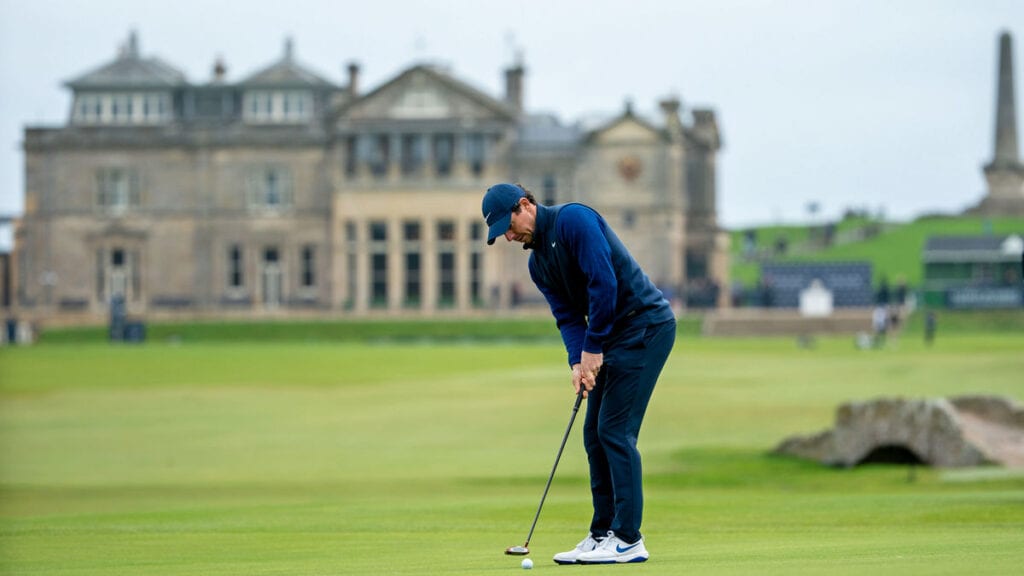Amateur vs. Professional Game

Estimated reading time: 3 minutes
Everyone knows the essential difference between professional golf and the amateur game (that is, if we’re not talking about how far they hit the ball) is that the former get paid for playing whereas we pay for the pleasure. It was over 70 years ago that the rules governing amateur status were first codified and, while time is tight, in theory you have until Friday (March 26) to communicate to the R&A and/or United States Golf Association any views you may have regarding the changes to the regulations which will come into effect from January 1, 2022.
Amateur vs. Professional Game
As a result of what has been a process lasting over three years, the simplification and modernisation of the rules means that henceforth there will only be three things that will cause a golfer to lose his or her amateur status:
- Accepting a prize in excess of the prize limit (which is $750; yes, dollars)
- Accepting payment for giving golf instruction
- Accepting employment as a golf club professional or membership of an association of professional golfers
The R&A and the @USGA have announced proposals for significant changes that would modernise the Rules of Amateur Status ⛳️
— The R&A (@RandA) February 22, 2021
Read more 👉 https://t.co/aoQgNiR66L pic.twitter.com/66m91tqpfa
Amateur vs. Professional Game
Among the steps the authorities have taken to get to this point is the elimination of the distinction between cash and other prizes. These have in the past traditionally involved vouchers but latterly have come to include such items as gift cards and mobile phone apps which offer rewards.
Fundamentally, it was felt the existing regulations did not recognise the inevitable truth that the top-level amateur game was for many a stepping stone towards a hoped-for career as a tour professional. Consequently, playing in a competition as a professional would no longer mean the automatic forfeiting of amateur status. That would only occur on the receipt of a prize in excess of the limit.
Amateur vs. Professional Game
There’s more. The two organisations have said the changes will remove ”restrictions from the rules surrounding competitions such as long-drive events, putting competitions and skills competitions that are not played as part of a tee-to-hole competition”. In other words, when the main aim of the game is not the score a player achieves on a particular hole, and the ramifications that has with regard to handicapping, then it’s now a free-for-all. But note that simulator-based competitions will still be covered by the regulations since they are “tee-to-hole” competitions.
The new proposals are also intent on “eliminating all sponsorship restrictions”. The R&A and USGA have realised that in a world in which, for better or worse, social media plays such a significant role, it would not be possible for this to be governed satisfactorily. The timing here could not be more propitious. Given that from a week today (March 29), I will be able to start playing golf again, I can sense a commercial opportunity. It surely has to be worthwhile for several golf-club manufacturers to pay me handsomely for making it plain to everyone that I do not use their equipment?
You can follow Robert Green on Twitter @robrtgreen and enjoy his other blog f-factors.com plus you can read more by him on golf at robertgreengolf.com
